Exclusive Article by Alex Tate at EMRIndustry.com
The media seems happy to scare the beejezuz out of us. We hear constantly, it seems, about climate change, food shortages, and overpopulation (which will be exacerbated by the food shortages). But what is equally scary, and as imminent as ocean levels rising and no longer seeing Tilapia on restaurant menus, is the imminent physician shortages expected in the next 10 years.
But what is causing this shortage? It turns out there are two main culprits:
The Cap on Medical School Enrollment
Back in 1980, the medical education community predicted there would be an oversupply of doctors. To control supply, a cap was placed on medical school enrollment. Made sense at the time, but what the community didn’t foresee happening was massive population growth outpacing the number of newly trained physicians. Looks like the medical education community now has egg on their face, which hopefully won’t cause a rash because good luck getting an appointment with a dermatologist anytime soon.
The AAMC currently estimates a shortage of 124,000 physicians by the year 2025, and at best, the medical education system would only be able to put out about 50,000 new doctors by then.
This is particularly troubling news given that baby boomers are expected to double from 35 million to 71 million by 2030. These individuals tend to visit the doctor, on average, six to seven times per year as compared with two to three annual visits for those under the age of 65.
On top of these demographic changes is greater medical coverage for many more people. This combination will tax an already broken health care system.
Early Retirement
As we’ve just seen, we’re already in a heap-load of trouble as it is, even if practicing doctors continued to practice into their 70s or beyond. But the current trend in health care is doctors calling it quits and hanging up their stethoscopes early.
For this we can thank the government’s meddling in the form of almost-constant mandates, higher operating costs, more paperwork, less time with patients, and incredibly frustrating electronic health record (EHR) systems. “Doctors no longer enjoy the autonomy and control they once did. Many of the things that attracted them to medicine are no longer there,” explains the physician recruiting firm Merritt Hawkins’ CEO Joseph Hawkins.
Many doctors have been threatening to leave because of the weight of EHRs, which have not turned out to be the great solution everyone once thought. For instance, the “Doccupy” protest in Contra Costa County in California saw six doctors leave in a single year because they felt their EHR got in the way of them providing safe and effective care for their patients.
In an essay that was published in hundreds of newspapers called “Why Doctors Quit,” opinion writer Charles Krauthammer proposed that the Obama administration has “demoralized doctors and degraded care” by forcing medical professionals to quickly adopt EHR software.
Krauthammer started in medicine but got out years ago, and he’s now witnessing his former Harvard medical school classmates considering quitting as well. One of his former classmates wrote him, “The introduction of the electronic medical record into our office has created so much more need for documentation that I can only see about three-quarters of the patients I could before, and has prompted me to seriously consider leaving for the first time.”
The Effects
Dr. Ted Epperly, director of the American Academy of Family Physicians, has said that doctor shortages will inevitably lead to poorer health outcomes for many across the country. People will delay, if not completely ignore, care. Also, with the absence of so many family physicians, who typically oversee patients’ entire care teams, patients will have to go it alone and stumble from one specialist to the next and the next, unable to find a quality resolution. Primary care physicians are critical to maintaining good health and with the impending shortage will come avoidable illness and diseases that will increase the costs of care.
And it’s not just general and family practices that will be affected by the shortage, there will also be a significant shortage of oncologists and surgeons. Consider that the number of cancer cases in the US is expected to increase by as much as 42% by 2025, and that there will be a shortage of about 1,500 cancer specialist by that same year, and you see what a scary precipice we are on.
This is only a portion of what we can expect in the future due to this physician shortage.
What, if Anything, is Being Done?
The facts are what they are, and it’s simply unrealistic to think a miracle will happen in the 11th hour and we will all be saved from this crisis. While a shortage is imminent and there will be ramifications, there are measures being taken to lessen the blow.
For instance, there are currently bills in Congress that could increase the number of residency openings for new physicians by 15,000 over the next five years. Will Congress choose to pass those bills? We’ll have to wait and see.
The American Medical Association (AMA) is implementing new policies to address the looming shortage. This past June the AMA voted to support innovative education models that encourage both federal and state governments, as well as private payers, to fund medical education to increase the number of GME slots.
AMA’s policies also encourage the Accreditation Council on Graduate Medical Education and the American Osteopathic Association to develop training courses and materials and reward those doctors who are part of patient-centered care teams.
Finding a solution to the doctor shortage requires a multi-pronged and all-hands-on-deck approach. Supportive legislation and innovations will be required, as will a focus on team-based care and more efficient use of technology to make care outcomes better.
Author Bio:
Alex Tate is a health IT Consultant at CureMD who provides perceptive, engaging and informative content on industry wide topics including EHR, EMR, practice management and compliance.














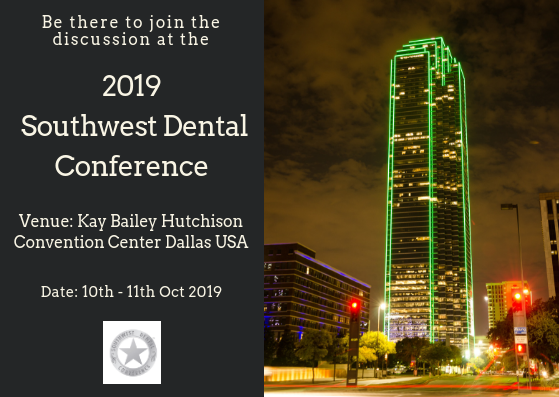
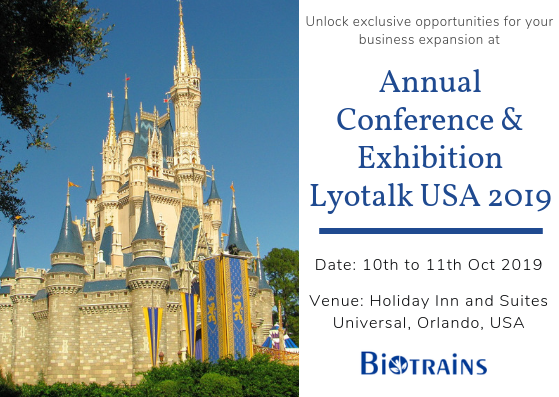
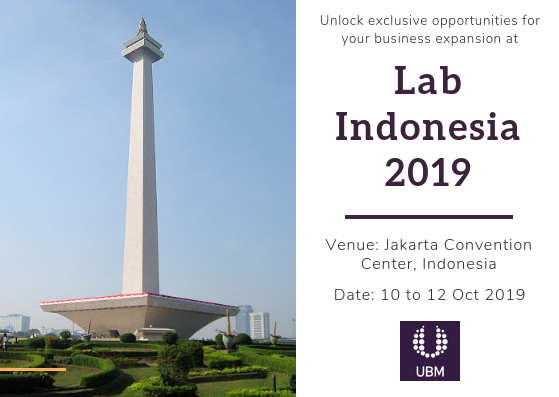
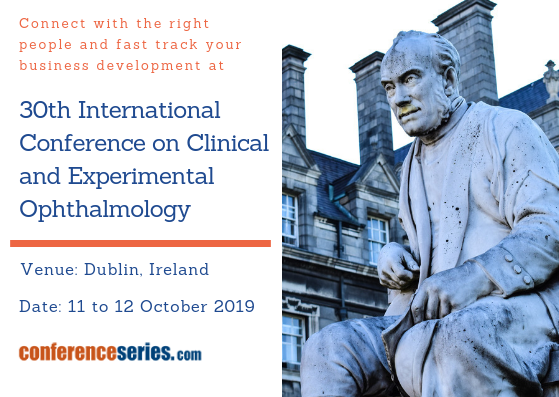

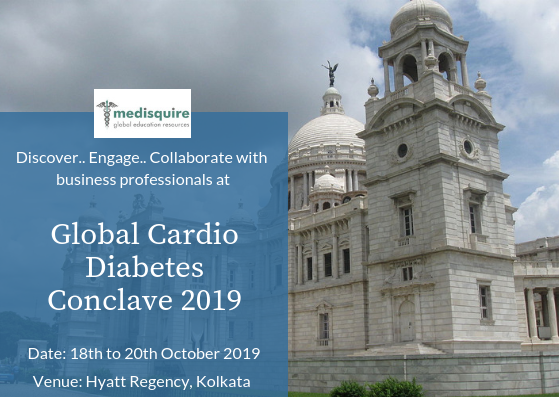
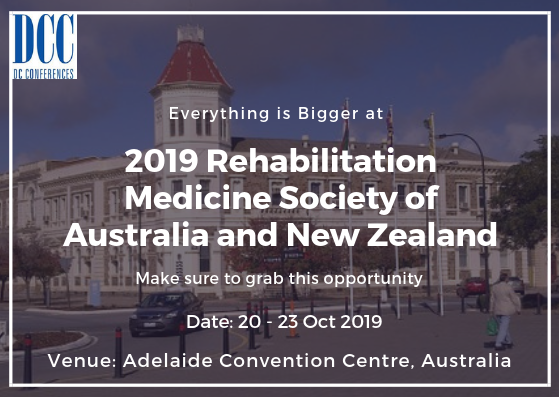

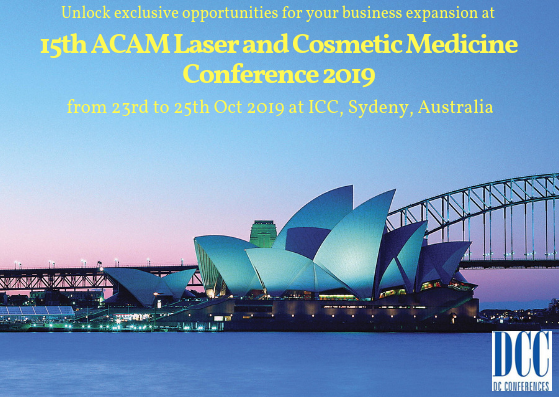






















2 Comments